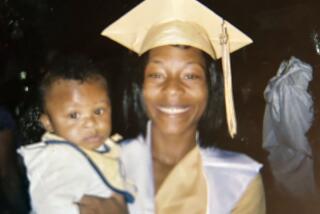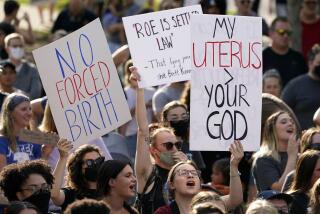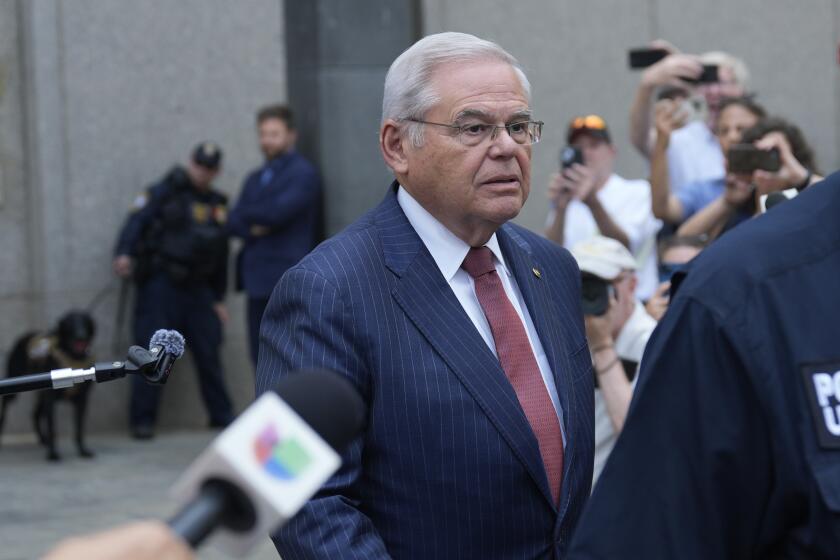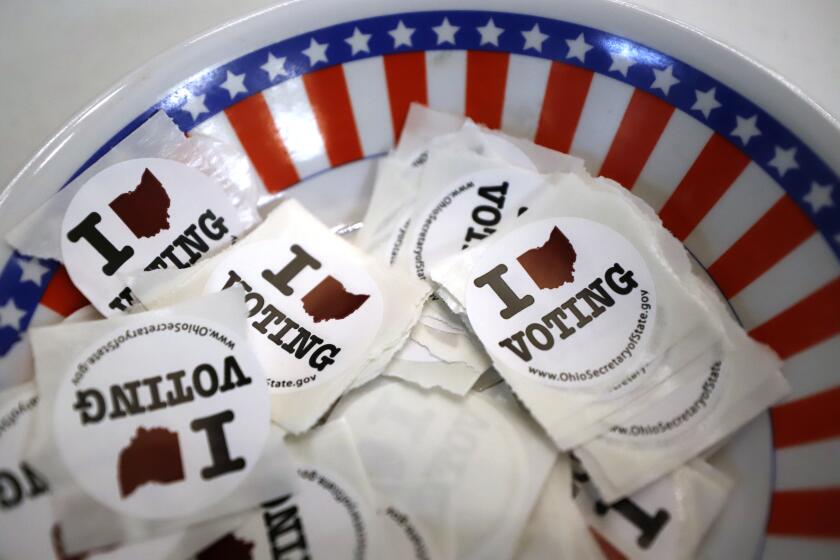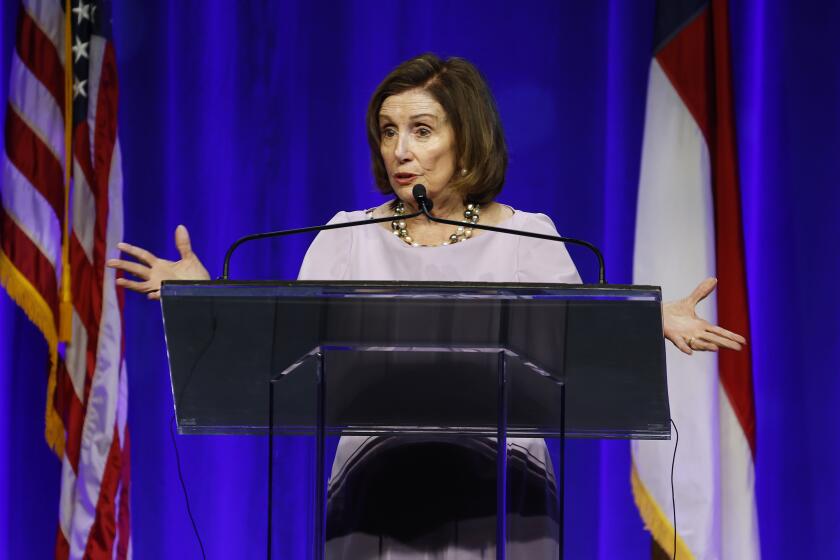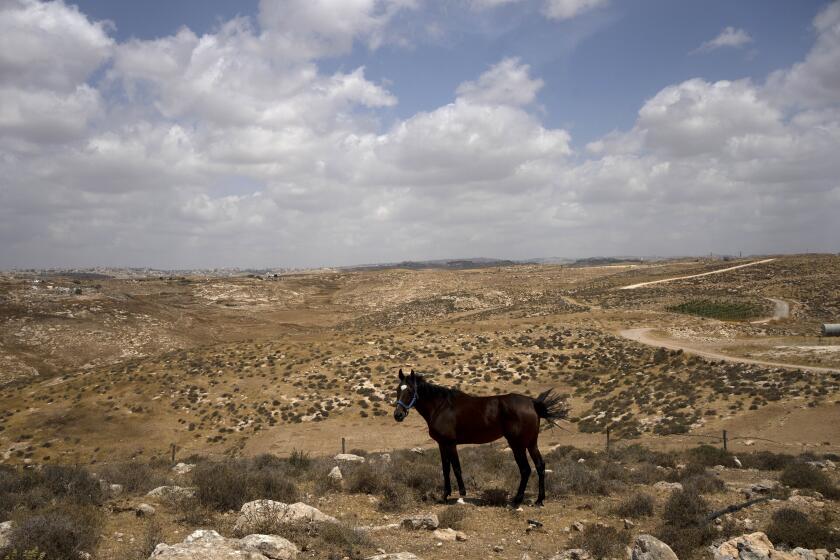Body Parts Needed for Transplants : Trade in Human Organs Stirs Global Attention
A Turkish peasant claims one of his kidneys was stolen. Philippine prison inmates trade organs for reduced sentences. Brokers in human body parts take their cut of a shadowy market.
The forces of supply and demand in the desperate world of organ transplants have created a commercial trade in human organs that worries health officials and ethicists worldwide.
The need for organs to replace faltering body parts is growing as research advances and surgery is more successful. But the number of donated organs has failed to keep pace. Doctors say too few people die in circumstances that provide transplantable organs. When they do, relatives are often too grieved to donate a loved one’s organ or object for religious or cultural reasons.
What to do about the organ trade varies. The United States, Japan and West Germany have banned it. In India, such trade thrives legally. Lawmakers in Britain and the Philippines have just begun grappling with the matter.
“There simply doesn’t seem to be any country that has a public policy to generate enough organs to meet the demand,” said Arthur Caplan, director of the Center for Biomedical Ethics at the University of Minnesota.
The World Health Organization in May called for a global ban on commercial trafficking in human organs. Dr. Ursula Lehr, the West German health minister, spoke for the ban.
“The idea of business-minded brokers taking advantage of the financial distress of people in the Third World, buying their organs for a pittance and reselling them to wealthy patients in developed countries, is awful for me,” she said.
But some ask, what’s wrong if people, fully informed of the risks, decide to sell one of their organs, for example, a kidney? The question, however, becomes complicated when the potential donor is desperately poor. People can live with one kidney, and offers for transplantable kidneys have ranged in individual instances from $3,000 to $20,000.
“Is it really for us, who are not faced with those difficulties and that heart-rending decision, to deny people that choice?” Neil Hamilton, a British lawmaker, asked in recent parliamentary debate.
“It really isn’t a choice if you’re coerced by poverty,” said Caplan, the Minnesota ethicist.
Others worry that selling organs would decrease the supply of donated organs and make transplants more expensive in general.
“We believe . . . organs would go to the highest bidder rather than to the patient who needs them most,” said Bernadette Haze, a spokeswoman for the Netherlands-based Eurotransplant, which matches organ donors and recipients in the Netherlands, Belgium, Luxembourg, West Germany and Austria.
Britain, which has no law controlling the sale of organs, took up the issue this year after a Turk was arrested in Istanbul for arranging commercial transplants at a private London hospital. One of the “donors” contended that he was duped and robbed of his kidney.
The alleged organ broker, Tunc Ay Kunter, was convicted May 18 and sentenced to two years in prison for brokering the sale of a Turkish peasant’s kidney to a Libyan doctor. Police said Kunter confessed to arranging four such sales when he was arrested.
Turkish law allows organ donation but outlaws selling, brokering or buying human organs.
The peasant, Ahmet Koc, who got a two-year suspended sentence, contended that he went to the hospital for a physical connected to a job offer and thought he was being anesthetized for the checkup. After the kidney was removed, he said he was paid the equivalent of $4,267.
British lawmakers have introduced legislation making it a crime to pay or receive payment for a human organ. Parliament is expected to pass it.
Organ sales are not illegal in the Philippines, but in late May, the vice president of the Philippine Senate filed a bill to ban sale of human organs and tissues, calling practitioners “modern-day Draculas.”
Filipino Death Row prisoners began donating organs in 1976 as part of a program to reduce overcrowding without resorting to widespread executions, explained Pablo Rosales, assistant director of the National Penitentiary. Rosales said most donor inmates avoided execution and some were freed after spending a few more years in prison.
When capital punishment was banned in 1987, prisoners started asking for money, he said. One prisoner who donated a kidney even complained to Rosales that he received only $95, without the cassette recorder he was promised.
Media attention greatly reduced the number of people seeking prisoners’ organs, Rosales said, and no prisoner has donated a kidney since last year.
But Rosales believes organ sales continue with private donors, most likely poor slum dwellers.
Dr. Kazuo Ota, chairman of the Japan Society for Transplantation, said he knew of several patients who had organ transplants in the Philippines and that some Japanese were acting as organ brokers. Organ sales are banned in Japan.
Dr. Jorge Neumann of the Sao Paulo Heart Institute and a member of the Brazilian Assn. of Organ Transplants said that “certainly there exists a black market of organs in Brazil.” But he said no statistics on organ sales were available.
Last fall, reports in foreign newspapers that adoption rings were routinely buying babies in Third World countries and selling them to American and Israeli families whose children needed organ transplants prompted outrage from American officials.
The State Department in October blamed the Soviet Union for the reports and said a European Parliament resolution criticizing the purported activity was based on “false and misleading statements and a discredited report by a Soviet front organization.”
In the United States, selling organs has been illegal since 1984, and sentiment against the practice is high. But allegations of influence-peddling in arranging precious transplants surface from time to time.
In April, Justice Department investigators said they had dropped an investigation into accusations that pioneering surgeon Thomas Starzl, head of transplants at Presbyterian-University and Children’s hospitals in Pittsburgh, had given high-paying foreigners preferential treatment.
The investigation followed newspaper articles that said about 28% of transplants performed by Starzl’s team in 1984-85 were on foreigners who often weren’t as sick as other patients or had waited a shorter time, but who had paid surgeon’s fees four times higher than Americans who had the same operations.
Caplan argues for regulations to ensure that medical need, rather than money or influence, determines who gets available organs.
Some in the field say the risk of exploitation would be reduced if a neutral party, such as government, replaced organ brokers. And donations might increase with incentives such as compensation to donors or their families for all medical costs, time lost from work or burial expenses. There could also be a break on inheritance or other taxes.
Recently, transplant researchers began looking at animal-to-human transplants.
At a May meeting of the American Society of Transplant Physicians, researchers predicted that pigs would become the main source of donor organs once cross-species transplantation becomes practical.
“There’s always been a shortage of organs and there probably always will be unless we learn to take them out of animals,” said Caplan. “I don’t know if it’s going to be biologically feasible, but I think that’s the direction we have to try.”
More to Read
Sign up for Essential California
The most important California stories and recommendations in your inbox every morning.
You may occasionally receive promotional content from the Los Angeles Times.
